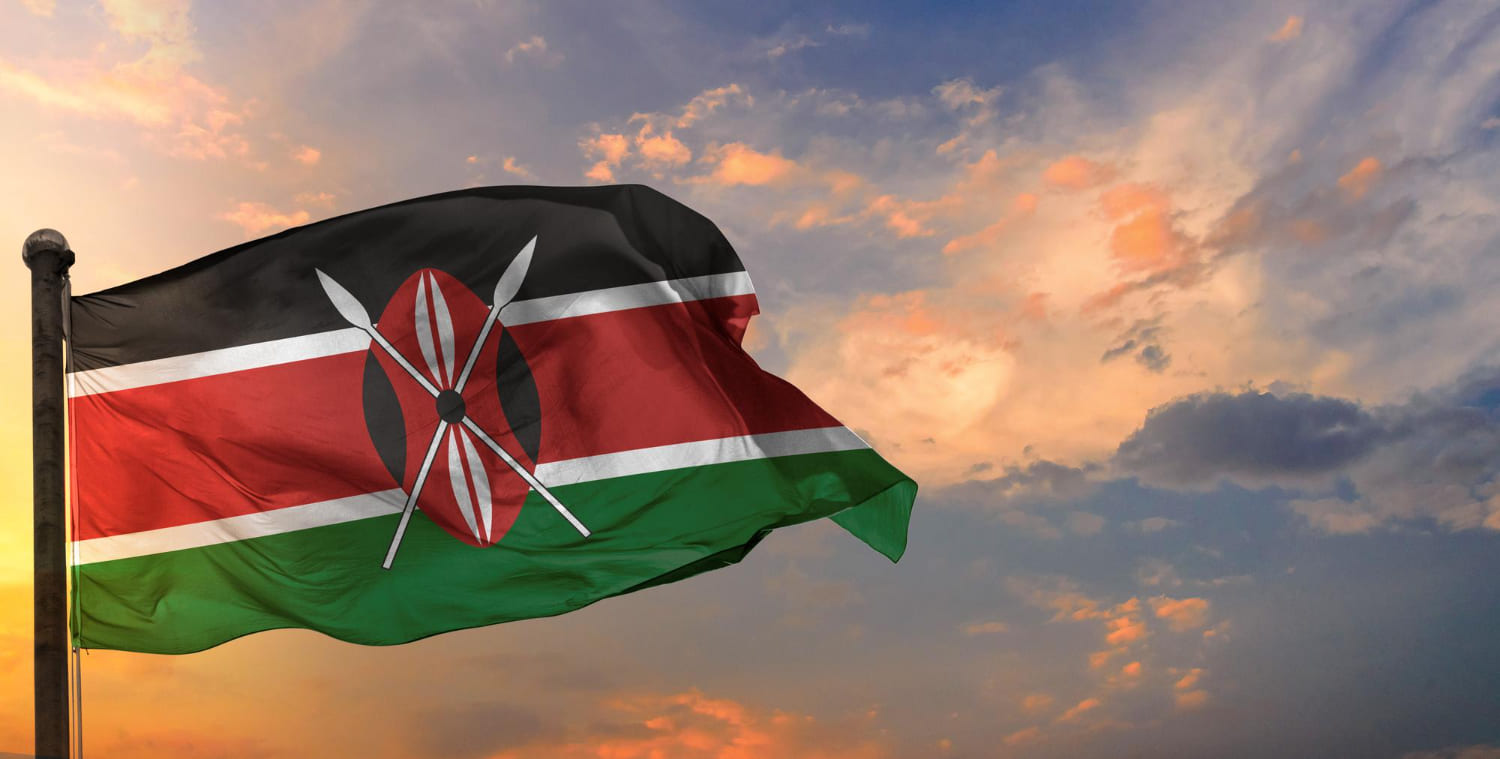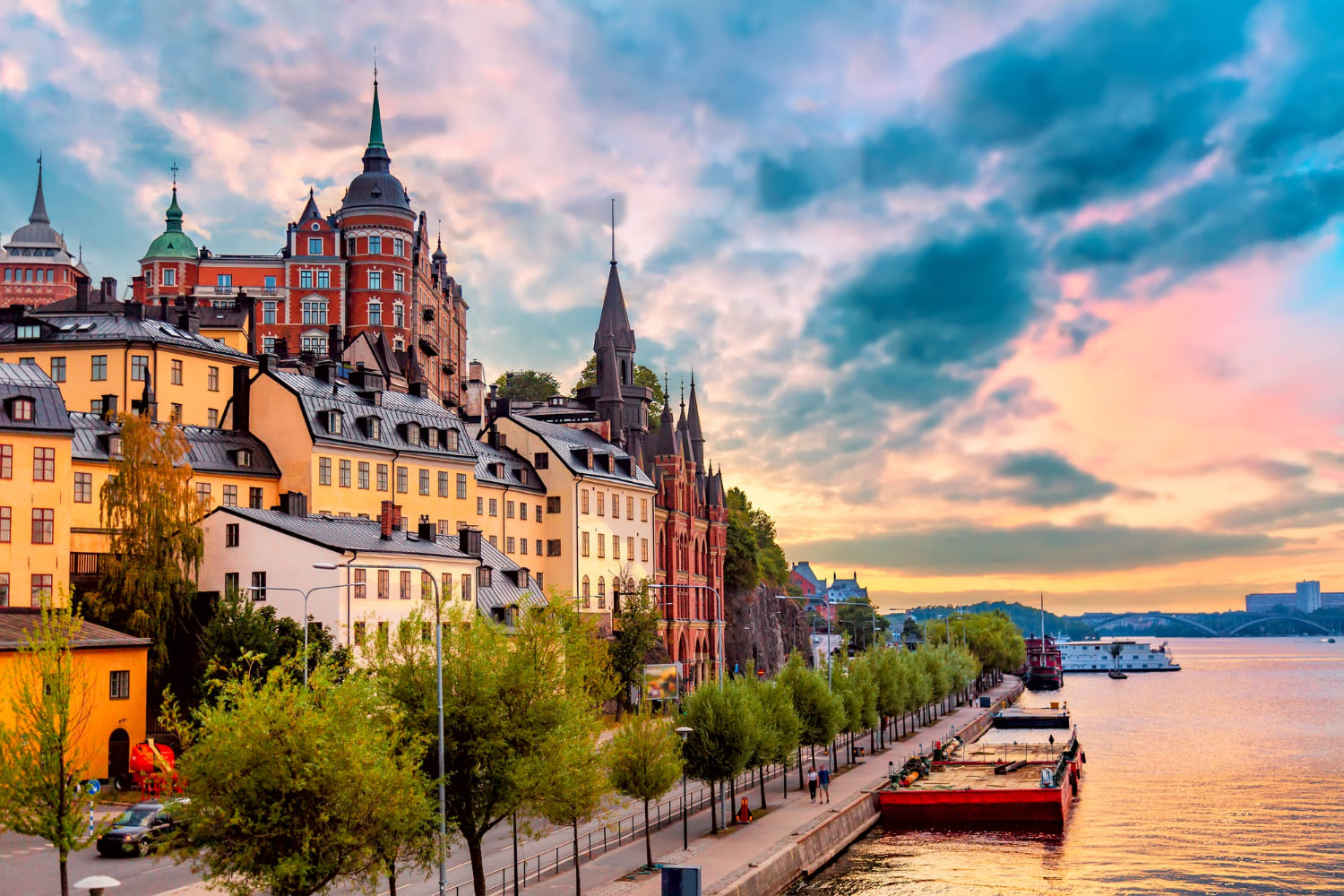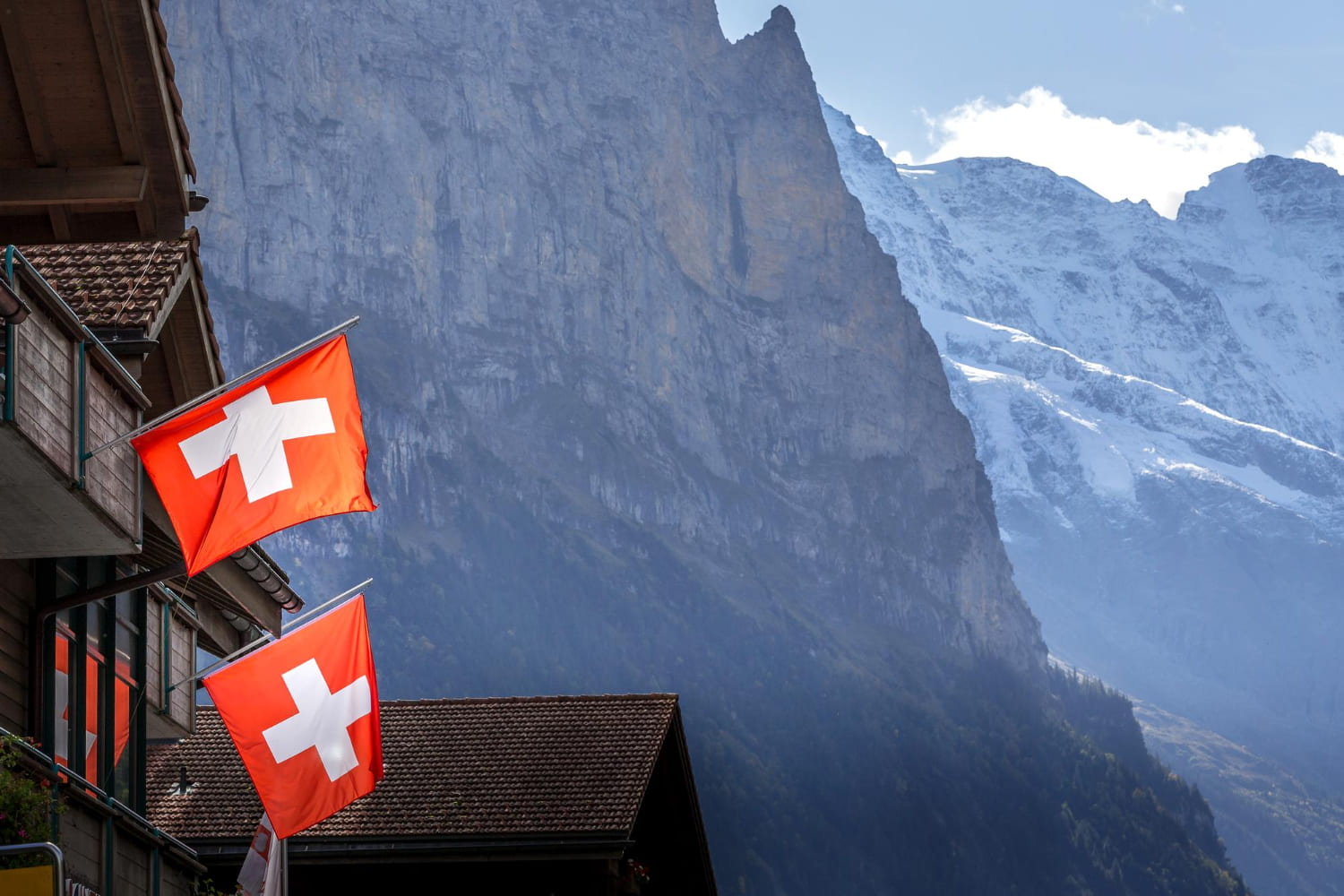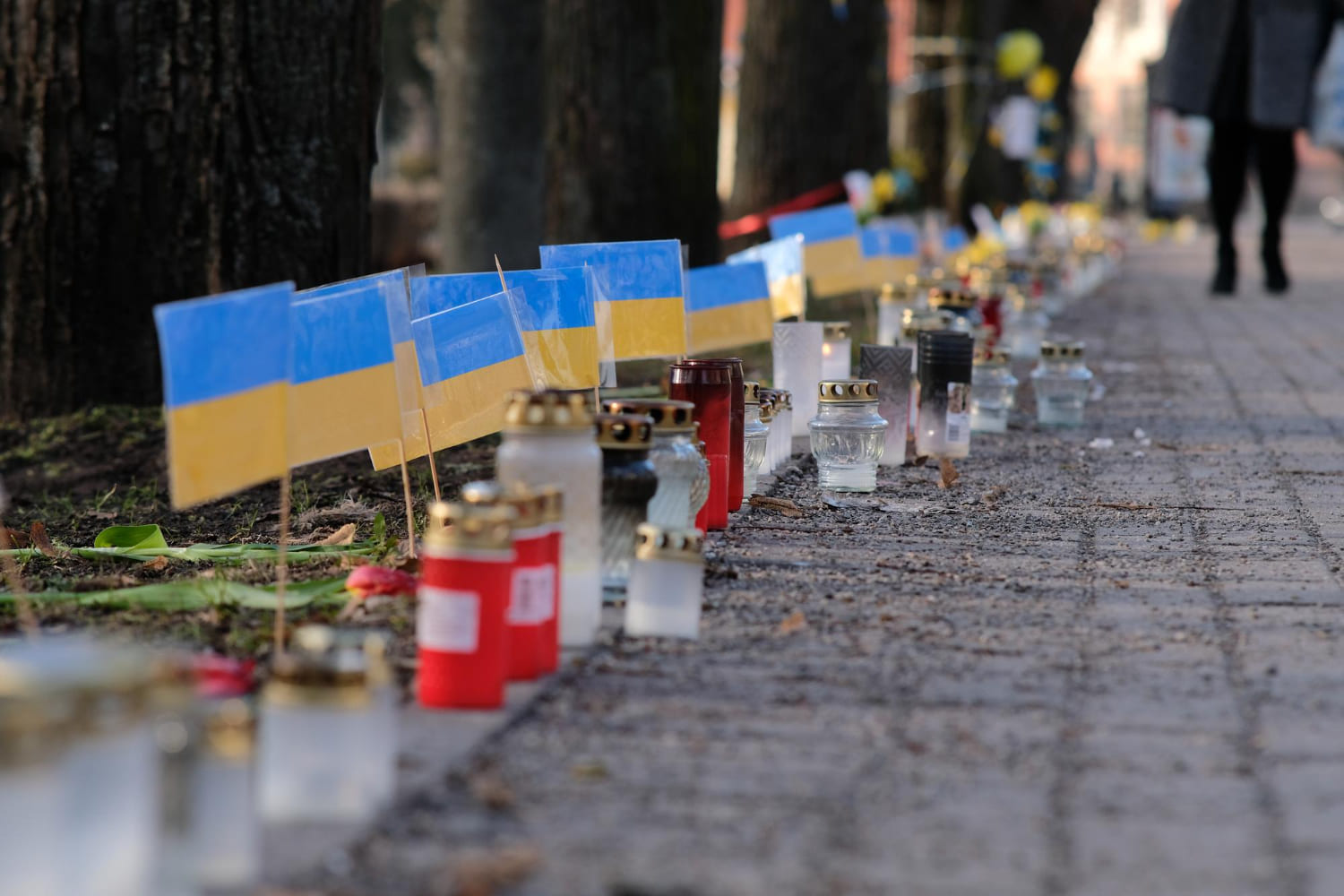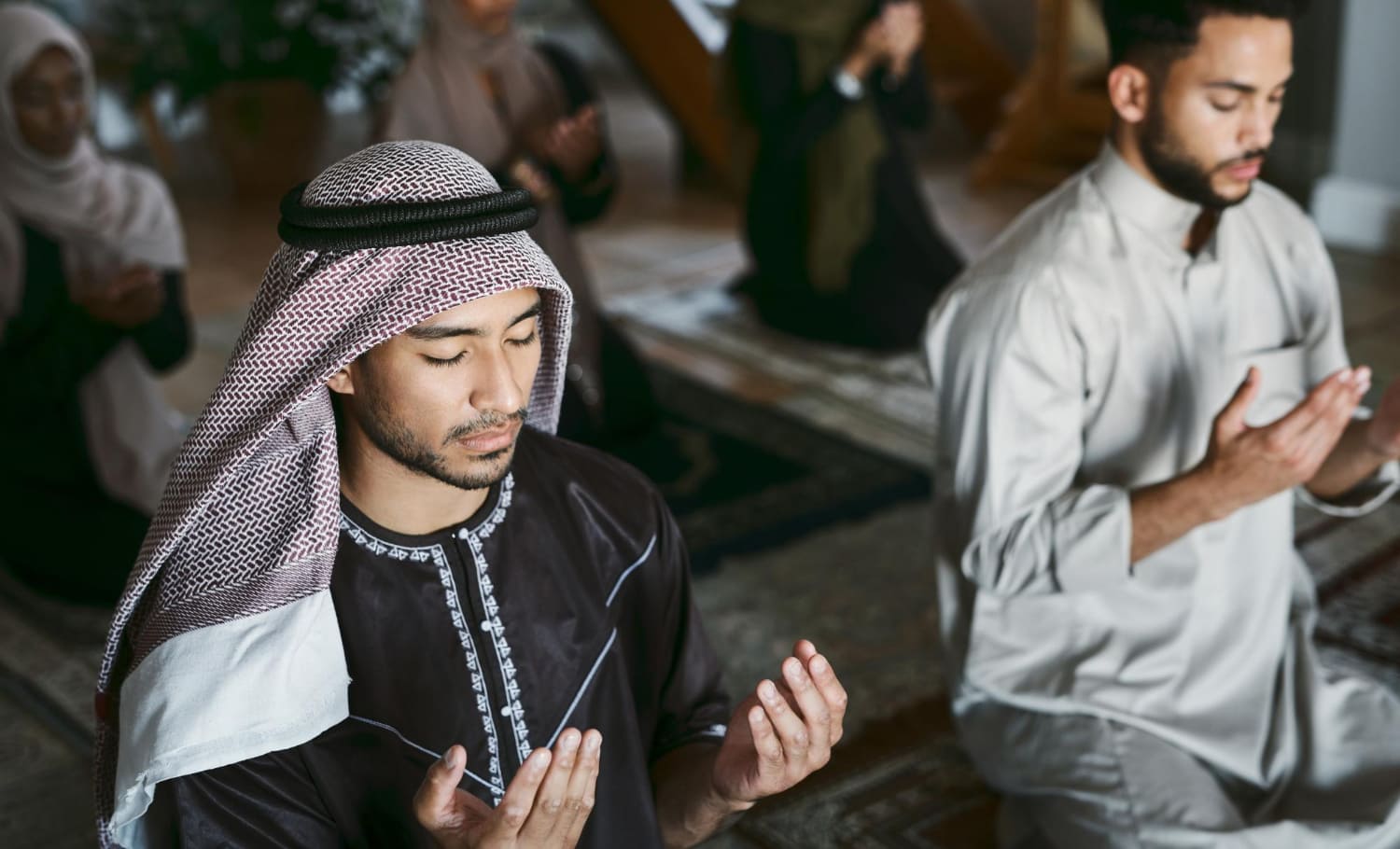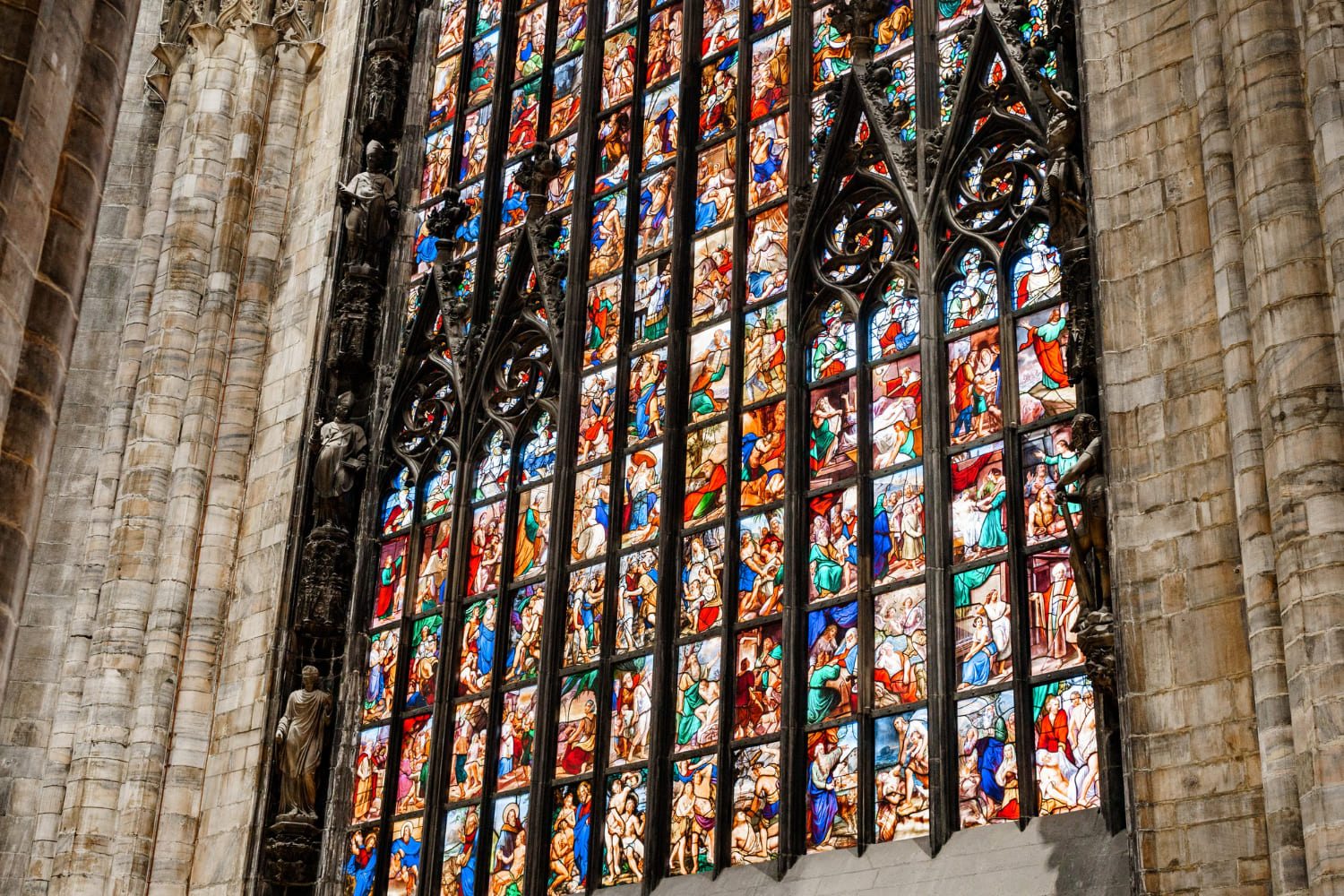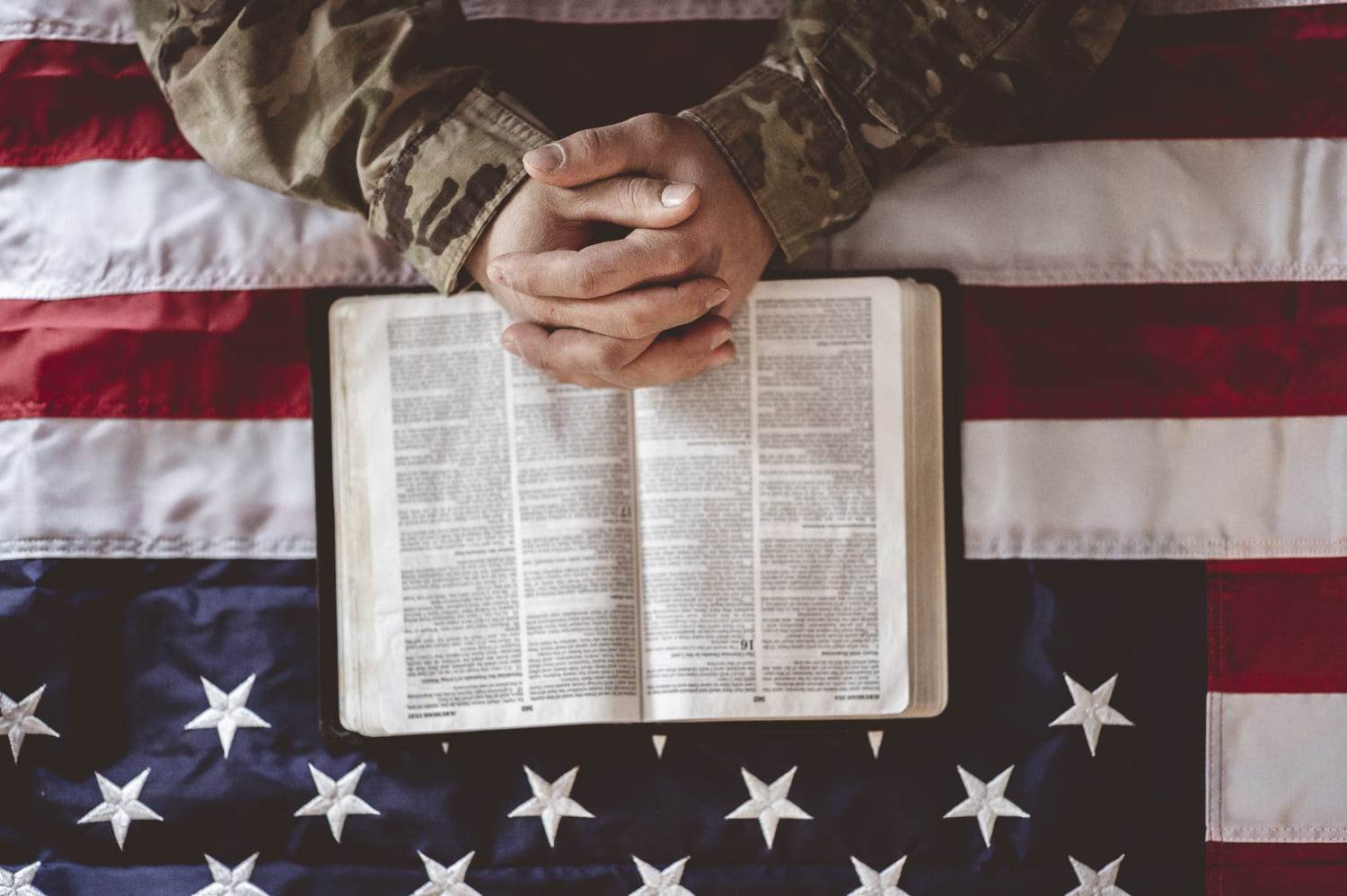Religion in Russia is a diverse and complex topic with a rich history. The country officially recognizes four traditional religions: Christianity, Islam, Judaism, and Buddhism.
Among these, Orthodox Christianity is the most widely practiced, followed by Islam. However, many Russians also identify as atheist or agnostic.
According to recent statistics, about 41% of Russians identify as Orthodox Christians, while 6% identify as Muslims.
Other religious groups, such as Buddhists, Jews, and Protestants, make up less than 1% of the population.
Additionally, a significant portion of the population, around 13%, identifies as atheist.
It’s worth noting that these numbers are constantly changing, and attitudes towards religion in Russia are complex and multifaceted.
Despite the official recognition of certain religions, the relationship between the state and religious groups in Russia has been a topic of controversy and debate.
In recent years, there have been concerns about the government’s treatment of certain religious groups, particularly Jehovah’s Witnesses.
Additionally, there have been debates about the role of religion in Russian society and politics, with some arguing for a greater separation of church and state.
Overall, the topic of religion in Russia is a complex and multifaceted one that requires careful consideration and analysis.
- Major Religions in Russia: Full List
- Eastern Orthodoxy
- Islam
- Buddhism
- Judaism
- Minority and Indigenous Religions
- Paganism
- Rodnovery
- Other Christian Denominations
- New Religious Movements
- Religious Demographics and Statistics
- Historical Overview of Religions in Russia
- Government and Religion
- Legal Framework
- Religious Education
- State and Church Relations
- Social Impact of Religion
- Interfaith Relations
- Religion and Community Life
- Challenges and Issues Facing Religions in Russia
- Religious Freedom and Human Rights
- Secularism and Modernity
- Recent Trends and Future Outlook
Major Religions in Russia: Full List
Russia is a diverse country with a rich history of different religions.
The majority of the population follows Orthodox Christianity, while there are also significant Muslim, Buddhist, and Jewish communities.
Eastern Orthodoxy
Eastern Orthodoxy is the dominant religion in Russia, with approximately 63% of the population identifying as Orthodox Christians.
The Russian Orthodox Church is the largest of the Eastern Orthodox Churches and has a significant influence on the country’s culture and politics.
The Church has a hierarchical structure and is led by the Patriarch of Moscow and All Russia.
Orthodox Christianity has a rich tradition of iconography, liturgy, and music, which are an integral part of Russian culture.
Islam
Islam is the second-largest religion in Russia, with around 15% of the population being Muslim. The majority of Muslims in Russia are Sunni, while there is also a significant minority of Shia Muslims.
The Tatar and Bashkir populations of Russia are predominantly Muslim, and there are over 5,000 registered Muslim communities in the country.
Moscow and St. Petersburg also have significant Muslim populations.
Buddhism
Buddhism is a minority religion in Russia, with less than 1% of the population identifying as Buddhists.
The majority of Buddhists in Russia are concentrated in the Republic of Kalmykia, which has a long history of Buddhism.
There are also significant Buddhist communities in Buryatia, Tuva, and the Trans-Baikal region.
Russian Buddhism is heavily influenced by Tibetan Buddhism, and the country has several prominent Buddhist teachers and monasteries.
Judaism
Judaism is a minority religion in Russia, with less than 1% of the population identifying as Jews.
The majority of Jews in Russia live in Moscow and St. Petersburg, and there are also significant Jewish communities in other major cities.
The history of Jews in Russia is complex, with periods of persecution and discrimination, as well as periods of tolerance and integration.
Today, the Jewish community in Russia is diverse and vibrant, with a rich cultural heritage.
Minority and Indigenous Religions
Russia is a diverse country with numerous minority and indigenous religions.
According to the 2010 national census, the main minority groups include Tatars, Ukrainians, Bashkirs, Chuvash, Chechens, Armenians, Avars, and Mordovans.
These minority groups follow a variety of religions, including Islam, Judaism, Buddhism, and Christianity.
Paganism
Paganism is a term used to describe a variety of pre-Christian religions that were practiced in Russia before the arrival of Christianity.
Today, there are several groups in Russia that practice various forms of paganism, such as Rodnovery.
Rodnovery
Rodnovery is a modern pagan religion that is based on the ancient Slavic religion. It is one of the largest pagan groups in Russia, with an estimated 50,000 followers.
Rodnovery is characterized by its reverence for nature and its use of traditional Slavic rituals and customs.
Other Christian Denominations
In addition to the Russian Orthodox Church, there are several other Christian denominations in Russia.
These include the Old Believers, who split from the Russian Orthodox Church in the 17th century, and the Russian Catholic Church, which is in communion with the Roman Catholic Church.
New Religious Movements
New religious movements have emerged in Russia since the fall of the Soviet Union.
These include groups such as the Church of Scientology, the Unification Church, and the International Society for Krishna Consciousness (ISKCON).
While these groups have faced some opposition from the Russian government, they continue to attract new followers.
Religious Demographics and Statistics
Russia is a diverse country with a rich history of religious traditions. The majority of Russians identify as Orthodox Christians, with over 70% of the population adhering to this faith.
Islam is the second-largest religion in Russia, with an estimated 19.6 million Muslims living within the country. Other religions that are practiced in Russia include Buddhism, Judaism, and Hinduism.
The religious demographics of Russia have undergone significant changes in recent years.
The number of people who identify as non-religious has been on the rise, with over 20% of the population now claiming no religious affiliation.
This trend is expected to continue in the coming years, with the number of non-religious individuals projected to increase.
In addition to the rise of non-religious individuals, there has also been an increase in the number of people practicing alternative religions and spiritual practices.
This includes New Age beliefs, paganism, and esotericism. While these practices are not officially recognized by the Russian government, they are gaining in popularity among many Russians.
Overall, the religious demographics of Russia are diverse and complex.
While the majority of the population identifies as Orthodox Christians, there are also significant numbers of Muslims, Buddhists, Jews, and Hindus.
Additionally, the rise of non-religious individuals and alternative spiritual practices adds another layer of complexity to the religious landscape of Russia.
Historical Overview of Religions in Russia
Russia has a long and complex history when it comes to religion. The country’s religious landscape has been shaped by a variety of factors, including geography, politics, and culture.
One of the most significant historical developments in Russian religion was the adoption of Christianity in the 10th century.
This marked a major turning point in the country’s history and paved the way for the development of the Russian Orthodox Church.
Today, the Russian Orthodox Church remains the dominant religious institution in the country, with over half of all adherents identifying as Orthodox Christians.
Over the centuries, Russia has also been home to a variety of other religious traditions, including Islam, Buddhism, and Judaism.
These religions have often coexisted with Orthodox Christianity, and in some cases, have even influenced one another.
For example, the Russian Orthodox Church has historically had close ties with the Islamic world, particularly through its relationship with the Tatar people of the Volga region.
During the Soviet era, religion was suppressed and many religious institutions were either closed or destroyed.
However, since the fall of the Soviet Union, there has been a revival of religious practice in Russia.
Today, over 70% of Russians consider themselves to be Orthodox Christians, and the number is growing. There are also significant populations of Muslims, Buddhists, and Jews.
In recent years, there has been some controversy over the role of religion in Russian society.
Some have accused the government of promoting a conservative, Orthodox Christian agenda at the expense of other religious groups.
Others have argued that religion should play a greater role in public life, particularly in the face of perceived moral decline and social disintegration.
Overall, the religious landscape of Russia is complex and multifaceted, reflecting the country’s rich history and diverse cultural traditions.
While the dominance of the Russian Orthodox Church remains a defining feature of Russian religion, there is also significant diversity and religious pluralism in the country today.
Government and Religion
Legal Framework
Russia’s constitution declares the state as secular and guarantees freedom of religion, equal rights irrespective of religious belief, and the right to worship and profess one’s religion.
The 1997 law on religion has made it more difficult for less established religious groups in Russia to register, worship, or exercise the freedom of religious belief.
The law requires religious groups to register with the state, and only those officially recognized by the government are allowed to operate, own property, and publish literature.
Religious Education
Religious education is allowed in schools, but only with the permission of parents and guardians.
The government provides funding for religious education in public schools, but it is optional.
Private religious schools are allowed to operate, but they must be registered with the state and follow the national curriculum.
State and Church Relations
The Russian Orthodox Church is the predominant religion in Russia and has close ties to the government.
The church has been granted special privileges, such as tax exemptions and the right to participate in the education system.
The church also has a say in the appointment of government officials and the development of social policies.
Other religions in Russia, such as Islam, Judaism, and Buddhism, have also been recognized and have been granted legal status.
However, they do not have the same level of influence and privileges as the Russian Orthodox Church.
The government has been accused of discriminating against minority religions and favoring the Russian Orthodox Church.
In conclusion, the Russian government has a complex relationship with religion.
While the constitution guarantees freedom of religion, the government has implemented laws and policies that restrict the activities of less established religious groups.
The Russian Orthodox Church has a special status and close ties to the government, while other religions have been recognized but do not have the same level of influence and privileges.
Social Impact of Religion
Interfaith Relations
Russia is home to multiple religions, and interfaith relations have been a topic of discussion for many years.
The country has a long history of religious conflict and persecution, but in recent years, the government has taken steps to promote interfaith dialogue and cooperation.
The Russian Orthodox Church is the dominant religion in the country, and it has historically had a strained relationship with other religions.
However, in recent years, the Church has taken steps to improve its relationship with other faiths.
For example, in 2016, the Church signed an agreement with the Russian Jewish Congress to promote interfaith dialogue and cooperation.
Religion and Community Life
Religion plays an important role in community life in Russia. Many religious organizations provide a range of services to their members, including education, healthcare, and social services.
In addition, religious organizations often play a key role in local communities, providing support and assistance to those in need.
The Russian Orthodox Church is particularly active in community life, with many churches providing a range of services to their members.
For example, many churches run soup kitchens, provide shelter for the homeless, and offer support to those struggling with addiction.
Overall, religion continues to have a significant impact on social life in Russia.
While there are still challenges and tensions between different faiths, the government and religious organizations are working to promote interfaith dialogue and cooperation, and to support the role of religion in community life.
Challenges and Issues Facing Religions in Russia
Religious Freedom and Human Rights
Russia has a diverse religious landscape with various religions such as Orthodox Christianity, Islam, Buddhism, and Judaism. However, there are several challenges and issues facing religions in Russia.
One of the significant challenges is the restriction on religious freedom and human rights.
The United States Commission on International Religious Freedom (USCIRF), the Russian government has implemented several laws that restrict religious freedom and violate human rights.
For instance, the illegal missionary activities law, which allows law enforcement officers to target religious minorities and individuals for their religious activities and expression through a wide range of legal mechanisms.
These laws are purposefully broad and vague, allowing police, prosecutors, and judges to enforce them however they deem appropriate.
Moreover, the Russian government has banned several religious groups such as Jehovah’s Witnesses, which has been banned as an extremist organization since 2017.
The government has also restricted the activities of other religious groups, including the Hare Krishnas, Scientologists, and Mormons, among others.
Secularism and Modernity
Another challenge facing religions in Russia is the increasing influence of secularism and modernity.
The Russian government has been promoting secularism and modernity, which has led to the decline of religious practices and beliefs among the younger generation.
Only 18% of Russians aged 18-34 attend religious services at least monthly, compared to 46% of those aged 55 and older.
Furthermore, the government has been promoting a secular education system, which has led to the decline of religious education in schools.
This has resulted in a lack of understanding and knowledge of different religions among the younger generation.
In conclusion, the challenges and issues facing religions in Russia are significant and require urgent attention from the government and other stakeholders.
The restriction on religious freedom and human rights, as well as the increasing influence of secularism and modernity, are some of the significant challenges that need to be addressed.
Recent Trends and Future Outlook
Russia is a country with a diverse religious landscape. According to the data from the United States Department of State, the majority of the population identifies as Orthodox Christians, accounting for approximately 41% of the population.
Muslims are the second largest religious group, accounting for approximately 18% of the population.
Other religious groups in Russia include Buddhists, Jews, Protestants, Catholics, and followers of other religions.
Recent trends show that the number of people who identify as Orthodox Christians has been increasing, while the number of Muslims has been decreasing.
This trend is expected to continue in the future, with the Orthodox Christian population projected to grow and the Muslim population projected to decline.
However, it is important to note that the Muslim population in Russia is still significant and is expected to remain so in the foreseeable future.
In recent years, the Russian government has taken steps to promote religious freedom and tolerance.
For example, the government has established a Council for Cooperation with Religious Organizations to facilitate dialogue between the government and religious groups.
Additionally, the government has worked to protect the rights of religious minorities and has taken steps to combat religious extremism.
Despite these efforts, there are still concerns about religious freedom in Russia.
According to the United States Commission on International Religious Freedom, the Russian government has engaged in systematic, ongoing, and egregious violations of religious freedom.
These violations include the persecution of religious minorities, restrictions on religious expression, and the use of anti-extremism laws to target peaceful religious groups.
Overall, the religious landscape in Russia is complex and diverse.
While recent trends suggest that the Orthodox Christian population is growing and the Muslim population is declining, both groups remain significant.
The Russian government has taken steps to promote religious freedom and tolerance, but there are still concerns about violations of religious freedom in the country.
